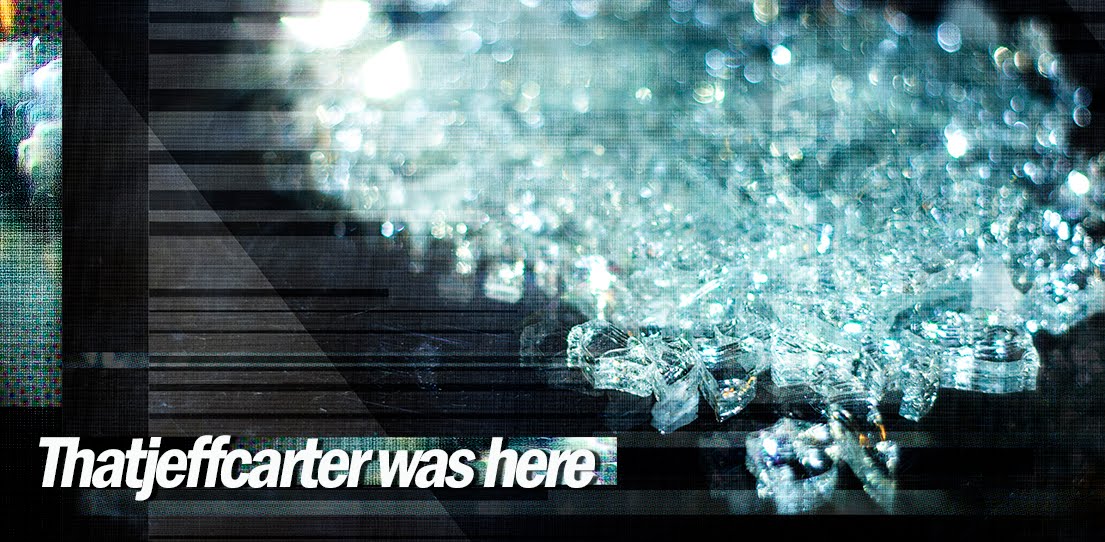Never one to do things in the regular accepted order,
during the Christmas season (or, more correctly - the Advent season) I began
reading John Dominic Crossan's book Who Killed Jesus: Exposing the
Roots of Anti-Semitism in the Gospel Story of the Death of Jesus.[i] This might seem like a strange book to read
during a season when we’re usually focused on the birth, rather than the death,
of Jesus, but, as I said, I’m often doing things the wrong way round.
It’s not a lengthy book – 227 pages
before the index – but it did take me quite a while to read; partly because I
was very busy during the month of December, and partly because it’s quite dense. There is a lot of material in this short book
and it took me some time to work through it.
Even now that I've finished reading the pages of the book, I’m still
working through the ideas that it contained.
This won’t be a regular book report
kind of review of Crossan’s book.
Instead, after a brief summary of Crossan’s theory I will note some of
my thoughts, reactions, and questions.
John Dominic Crossan argues in
this book that the Gospel accounts of Jesus’ arrest, trial, abuse, crucifixion,
and resurrection are not historical events that have been colored in the gospel
accounts by reflection on Old Testament texts, but rather exegetical
fabrications created whole-cloth from those OT texts. In his words, “The passion narratives are not
history remembered but prophecy historicized.”[ii]
He also argues that the non-canonical Gospel of Peter was the original source of the passion narratives and that the other four
canonical gospels borrowed their material from it.
This is, please remember, only
the barest, skeletal summary of his ideas. And what follows are my thoughts and
reactions, and that my ideas and thoughts are quite changeable.
1 – Right away I was somewhat
put off by the book as it seems to be more of reaction to Raymond E. Brown’s
two volume work The Death of the Messiah than a defense of his own theory. After a while it started to feel like a
personal grudge against Brown rather than an academic discussion of ideas.
2 – I recognize that I am
nothing more than an interested amateur when it comes to matters of Historical
Jesus studies. I read a lot – but I don’t
have the resources or the training to do what Crossan and others like him
do. That said, however, I am not
entirely persuaded by Crossan’s theory that the Gospel accounts of Jesus’
arrest, trial, crucifixion, and resurrection are not historical events.
I accept that there is no way for a historian
to approach the “fact” of the resurrection. I can accept that the Gospel
writers have colored their accounts of Jesus’ passion with references to Old
Testament texts, that they have restructured the basic events for narrative
flow, that they have created dialogue, and inserted scenes – but believe that the
basic grounding in history remains.
3- And I am even less convinced
by Crossan’s use of The Gospel of Peter.
I guess I would be reluctant to build such a grand castle of ideas on
such a fragmentary and questioned source.
4- At the same time I am forced
to ask myself: Why am I content to allow that that the gospel accounts of Jesus’
birth in Matthew and Luke are examples of “prophecy historicized” but unwilling
to believe the same of his death? Am I
being inconsistent?
Perhaps I am. But I will continue to believe, and to read, and
to wrestle with the questions.
[i]
Crossan, John Dominic, Who Killed Jesus: Exposing the Roots of Anti-Semitism
in the Gospel Story of the Death of
Jesus,
HarperSanFrancisco, 1995.
[ii] Page
10




No comments:
Post a Comment